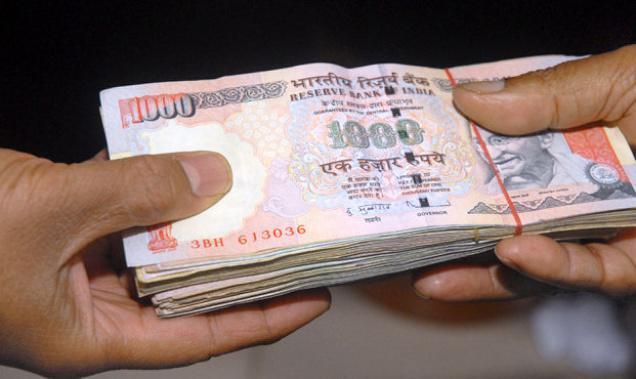Search
Important GST Terms Explained
July 24, 2017
GST has caused quite a ruckus in the country and it doesn’t help that a large number of people are struggling even with the basic terminology used with it. So, below are some of the most important GST terms explained in a clear and lucid manner:

GSTIN
GSTIN stands for Goods and Services Identification Number. It’s a 15-digit identification number that’s unique to every individual business and is mandatory for compliance with the new regime. So, you can only do business under the GST regime if you have completed the registration process and obtained your GSTIN.
Composition Scheme
Small businesses whose annual turnover is less than Rs. 75 lakhs can opt for composition scheme under GST. This scheme is to make compliance and doing business easier for them. Lower taxes and fewer hassles are some of the benefits of this scheme- ineligibility for Input Tax Credits one of the drawbacks.
Input Tax Credits
When you buy raw material for manufacturing a product you have to pay taxes on them. When selling the final product, you again have to pay taxes. However, using Input Tax Credits (ITC) you can deduct the taxes paid on inputs from them.
Note: Only regular businesses are allowed the benefits of ITC, which means businesses under the composition scheme are ineligible.
Reverse Charge
Reverse charge refers to the tax liability on the recipient of certain goods rather than the seller.
Composite Supply and Mixed Supply
Composite supply is a supply when two or more goods and/or services are sold in a bundle and can’t be sold individually. For example- a travel package that offers both accommodation and food.
Mixed supply is a supply when two or more goods and/or services are sold in a bundle but can be sold individually too. For example- a bundle of namkeen and beverages made and sold by a trader.



